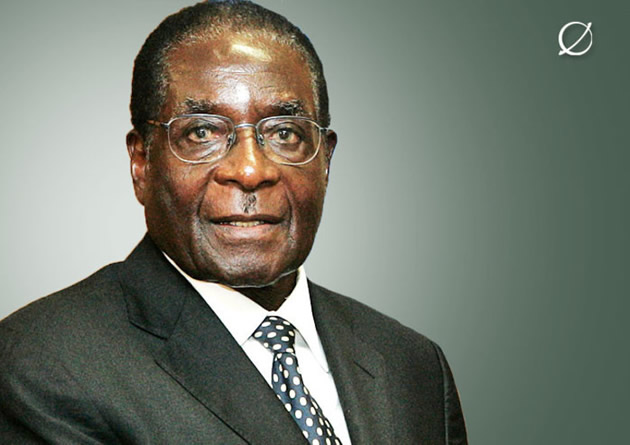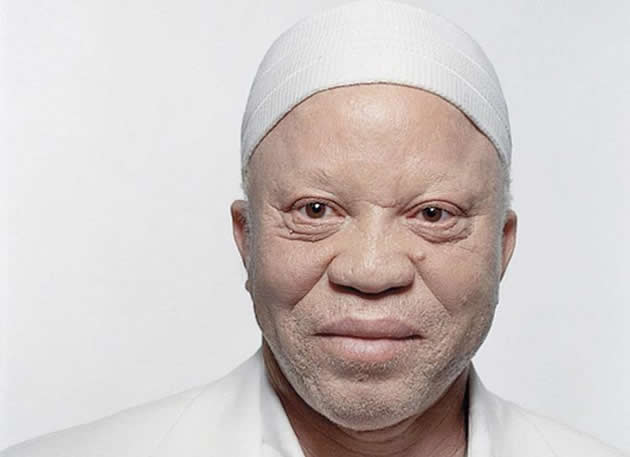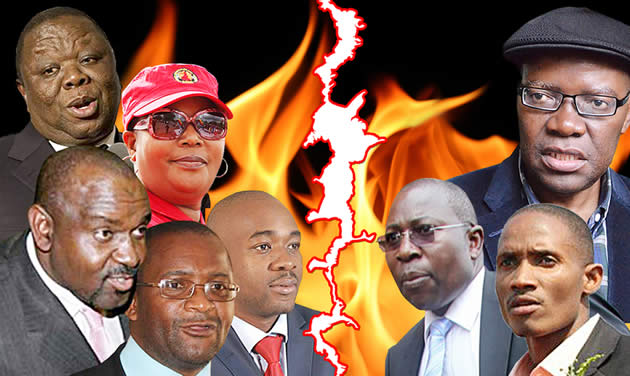It’s politics, stupid

Joram Nyathi
It’s politics, stupid. And it is politics that determines a nation’s destiny, right or wrong. Some of the decisions can have the unintended consequences of ruining a huge legacy, a legacy unprecedented on the continent. Zimbabwe’s education is in danger.
Like the US ambassador warned Kenyans before their general elections last year, political decisions have consequences. Many would recoil at such a threat, especially one issuing from a global superpower. The Kenyans were being warned of the dire consequences of voting Uhuru Kenyatta, an ICC indictee, into power.
They voted for him anyway, because they were prepared to live with the consequences of their choice. It’s politics, stupid.
Since the harmonised elections last year, Zimbabwe has been in the grip of politics. More intense politics than ever before. The MDC formations were routed to shreds, leaving Zanu-PF the superpower on our political landscape.
We should be moving ahead now that the elections have come and gone. Now that the encumberances imposed by the Inclusive Government are gone, now that Zanu-PF has the parliamentary majority allowing it to determine the direction Zimbabwe should take. People spoke, loudly at that. And there are consequences, internal and external.
A major external consequence for Zimbabwe is that Obama has not only maintained but has extended every year Bush Jr’s criminal sanctions on the country. Despite pledging to extend a hand of reconciliation and peace to the world on his inauguration in 2009, Obama has demonstrated more than any previous American president that the White House is no more than a white elephant, a legal mouthpiece of the thoughts, decisions and machinations of the Pentagon and CIA, from spying on fellow American citizens to tapping the cellphones of foreign heads of state. His dirty hands drip with the blood of Muammar Gaddafi too.
Back home, Zanu-PF should have emerged from last year’s elections with a fresh spring in its step. It has not done that. Apparently it is not about to do that. In fact, the demise of the MDC formations seems to have made Zanu-PF so reckless and cruel with itself there are fears an implosion is almost inevitable.
President Mugabe has lamented the escalation of factional fights in the party. This appears to have served only to fuel them as the party heads for its elective congress in December. And as these internecine fratricidal battles escalate, the nation is left aghast while the opposition sees a godsend to regroup, reorganise and galvanise its troops for a final push in 2018.
Zambia is too close for us to forget the fate of Kaunda’s UNIP in 1991. But we are at the mercy of Zanu-PF’s internal political struggles where the economy is a sideshow.
The fact that indiscipline and corruption have no consequences anymore has made it possible for liberation war cadres in Zanu-PF to break free of the ideological armour which bound them together, in pursuit of personal wealth and political power. It is indeed something to be lamented, especially as this has had the effect of discrediting the party’s pro-poor policies, some of which are now seen as deliberate avenues by venal party leaders to access national resources for personal aggrandisement.
— Zim-Asset and China—
But shouldn’t Zanu-PF cadres be joining hands to solidify their electoral victory by mobilising resources for economic recovery, for the speedy implementation of Zim-Asset? Where is the $27 billion needed to fund Zim-Asset? Who should be raising that money?
No, there is little evidence of that esprit de corps which helped mobilise and marshal voters towards Zanu-PF’s crushing victory in the July 31, 2013 elections. What is self-evident is that it is Zanu-PF itself which has heightened Zimbabwe’s political risk more than the self-serving machinations of the MDC. At this particular conjuncture, in and outside the country, Zimbabwean or foreign, friend or foe, are more petrified by the internal fights in Zanu-PF than the party’s indigenisation or black economic empowerment policies. They are shocked by what the party is doing to itself, and how this will pan out and its impact on the immediate future direction of the nation.
Yet in all this roiling commotion, the Chinese have taken a stand, a calculated risk to help a friend in need. It has pledged significant funding for the country’s trunk roads, railways, airports, energy, agriculture and tourism. And the only gratitude which Zanu-PF can show for all this is to fight itself, in public!
– Education –
While we are all mesmerised by the political infighting, a huge legacy is being lost. In July this year, President Mugabe launched a “teacher capacity development programme” which he said should enable our teachers “to teach sciences and mathematics, and use information technologies in teaching”. There is also a programme underway to review the country’s education curriculum, with a major focus on technical subjects to equip school leavers to be productive citizens rather than mere seekers after jobs.
Friend and foe can attest that social investment, or pro-poor policies did not begin with the land revolution in 2000. Zimbabwe has the highest literacy rate on the continent at 92 percent, according to the African Economist Magazine. Equatorial Guinea is second at 87 percent and South Africa third at 86 percent.
The African Economist Magazine says President Mugabe “is credited for Zimbabwe’s high literacy rate after he declared education a basic human right following independence in 1980”. The UNDP Digest notes that Zimbabwe managed to displace Tunisia from pole position “despite the country’s education sector suffering from brain drain and lack of resources over the past decade”.
The number of teachers’ training colleges has expanded to 13 since independence, churning out 2,500 teachers per year.
– A legacy lost –
The Chronicle on Thursday carried a depressing story on the state of our education. I am not talking about our pass rate of around 22 percent. The story showed that when schools opened on Tuesday this week, the Ministry of Primary and Secondary Education was trying to fill 10,000 teaching posts with untrained, temporary teachers.
A 2012 report by the same ministry revealed that there were close to 30,000 teaching vacancies. Yet we are told that in July 3,000 teachers returning from the diaspora were stranded because the Civil Service Commission is setting nearly impossible conditions for readmission.
The paper quoted Zimbabwe Teachers’ Association president Sifiso Ndlovu saying criteria set by the CSC appeared aimed at keeping the returning teachers out. Most of the teachers are allegedly being punished for absconding at the height of the country’s economic challenges in 2008. Apparently the CSC wants to screen the teachers individually while Zimta believes there should be a blanket amnesty for all those who are keen to return. Will Zanu-PF please sort out its mess and quickly return to work!
“We have teachers who are qualified but are not teaching, which affects children’s access to education… There is no need to persecute teachers who sought employment elsewhere at the time of the economic crisis because we need to look at the bigger picture,” said the Zimta president.
Then there is the problem of teachers “teaching” subjects for which they were not trained.
All this is happening while Zanu-PF is fighting itself because there is no immediate external threat to its hold on power. Enormous resources were invested in training teachers who are now stranded for unclear reasons. The failure rate in schools is a scandal, yet nobody seems to care. Which is to say thousands of children are being condemned to an uncertain future without any survival skill. But more importantly, the stranded teachers are the products of President Mugabe’s decision at independence that education is a basic human right. Zanu-PF’s internal turmoil threatens to ruin a legacy which no other African country has been able to match.










Comments